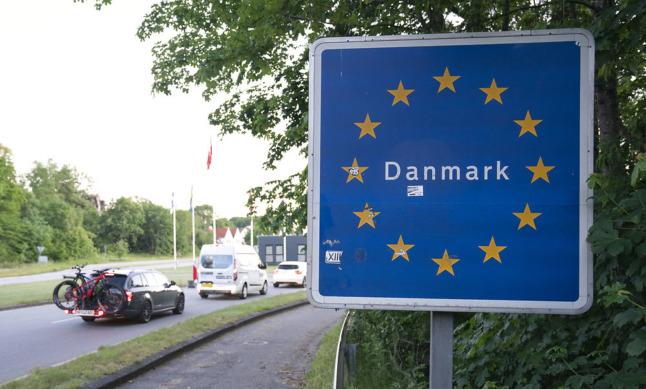Denmark is wasting an opportunity to reduce the risk of terrorism by denying deradicalisation programmes to foreign persons awaiting deportation from the country, according to an expert.
In an interview with newspaper Jyllands-Posten, Norwegian professor Tore Bjørgo, a terrorism researcher at the University of Oslo, criticised the Danish practice, effective in accordance with a 2017 law change.
Under the Danish law, persons sentenced to deportation because of terror convictions are denied access to exit or resocialisation programmes for persons who have been radicalised.
That sets Denmark aside from Nordic neighbours Sweden and Norway, which both allow such individuals to access their national programmes for leaving extremist movements.
A total of 21 people with terrorism convictions entered Denmark’s deradicalisation programmes between 2007 and 2020, with 9 completing them, according to the Danish prison service Kriminalforsorgen.
Those numbers are evidence that people who enter such programmes are willing to put thoughts of terror behind them, according to Linda Kjær Minke, professor with special responsibilities in criminology at the University of Southern Denmark.
“Without deradicalisation, prison can lead to bitterness, and political convictions are not changed behind bars,” Minke said to news wire Ritzau.
“It’s a narrow approach to look at whether or not a person has been deported and that’s concerning,” she added.
Kristian Hegaard, justice spokesperson with the centre-left Social Liberal party, called the decision not to attempt to deradicalise persons awaiting deportation “nonsense”.
“We must do everything we can to make sure they don’t commit terror again or radicalise others,” Hegaard told Ritzau.
Not doing so constitutes a risk to Denmark as individuals sentenced to deportation remain in Denmark in some instances, including when they cannot be deported by force in the absence of an agreement with their source country.
“I can’t understand how this can be in Denmark’s interest in any way,” Hegaard said.
“This is not about doing something special for people with terror convictions. It’s about doing something for Denmark,” he added.



